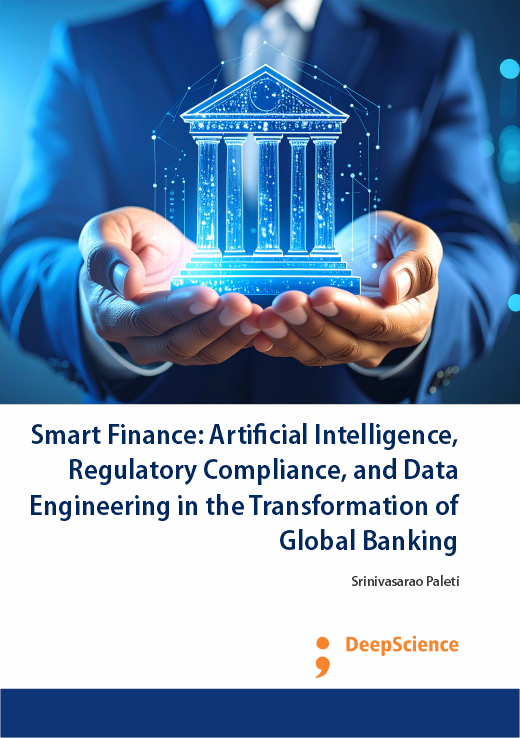Risk compliance in the era of artificial intelligence: Navigating global regulatory landscapes and financial ethics
Synopsis
Call it "The Quiet Revolution". The march of artificial intelligence (AI) into the world of finance has been deceptively subtle, and vastly more wide-ranging than we may realize. The financial services sector, traditionally not first in line to adopt new technologies, had already begun embracing AI before the pandemic, valuing its many benefits in operational efficiency, targeted product development, data-driven customer service, risk evaluation, and fraud detection. The acceleration of the pandemic opened spaces across the public and private sectors for its utilization. The timing seemed fortuitous; many of the pandemic-era surges of remote work and e-commerce appeared to create both the stimulus and the opportune environment for using AI to reshape workplaces and customer interaction. All that capital investment suddenly flowed into endemic tasks such as insurance processing or approving university loans based exclusively on data; much of this work was also highly subject to risk, especially concerning the ethical use of the demographic data that informed these decisions. AI was a vital partner (Arner, Barberis, & Buckley, 2017; Binns, 2018; Gai, Qiu, & Sun, 2018).
The vast range of AI-enabled applications coalesced as the global industry saw growing demands for enhanced recommendations for investing, investing through robots, radically quickened and eased underwriting, increased speed-to-decision on gaining auto, home, or commercial insurance, and faster assessments of business loan requests. From commercial banks to consumer-oriented FinTechs, deposit, and lending institutions began to plan vast investments in technology and product enhancement. Longer-term thinking began to account for potential industry employment and support ramifications of this digitization of service. Suddenly, an industry accustomed to massive compliance-related investments was being offered the potential to broaden its investment base and accommodate shorter decision-making timeframes by prudently adopting AI enablement (Zarsky, 2016; Veale & Edwards, 2018).













